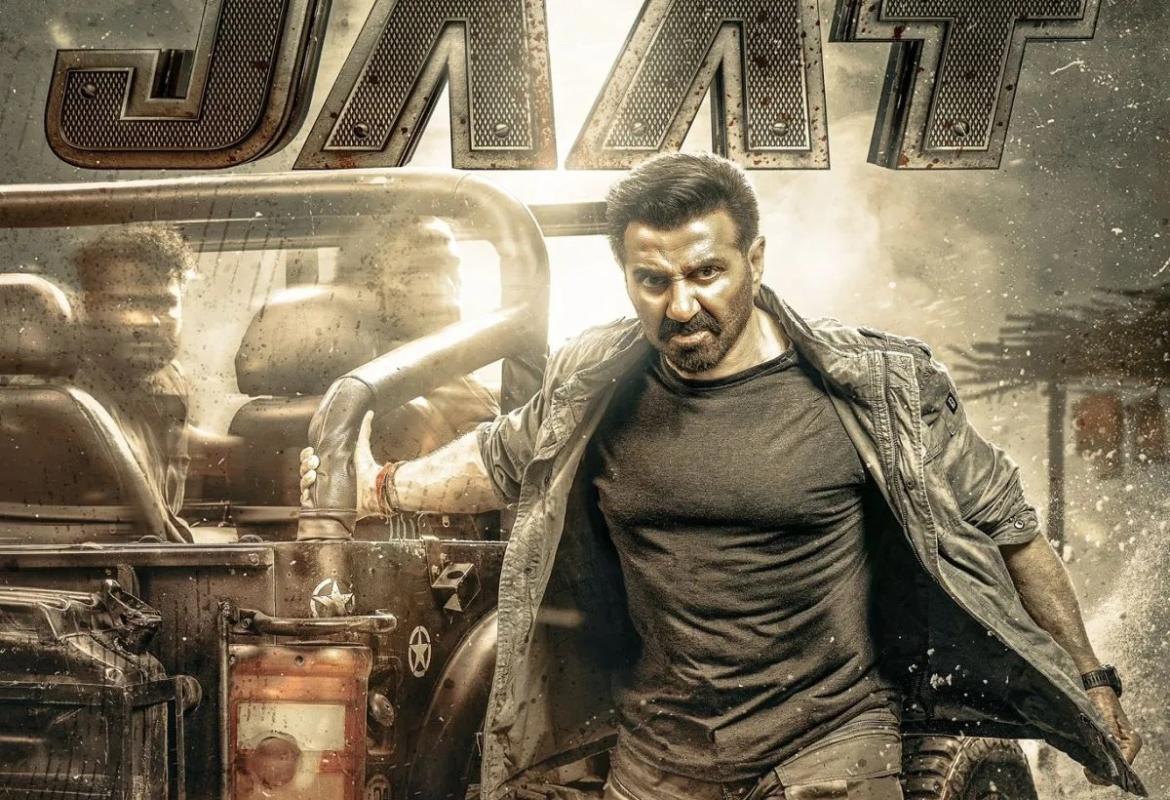At home and abroad: accountability, reconciliation and Sinhala Buddhism
Sri Lanka announced recently that it would launch a domestic probe to investigate war time mass atrocities in time for the release of the UN mandated investigation due in September. The announcement, made in the wake of a high profile visit to the island by the US Secretary of State John Kerry late last month, suggests that Sri Lanka is responding to international demands. However, it is not clear that this new international engagement necessarily translates to real changes on the ground. The government’s behaviour is notably contradictory. While it reassures international audiences that it is taking accountability seriously and is committed to reform and reconciliation, it says quite another to domestic Sinhala Buddhist constituencies. This duplicity is worrying and suggests that the government is intent on continuing with business as normal rather than committing to the deep changes in governance that are needed to secure a just and lasting peace.


